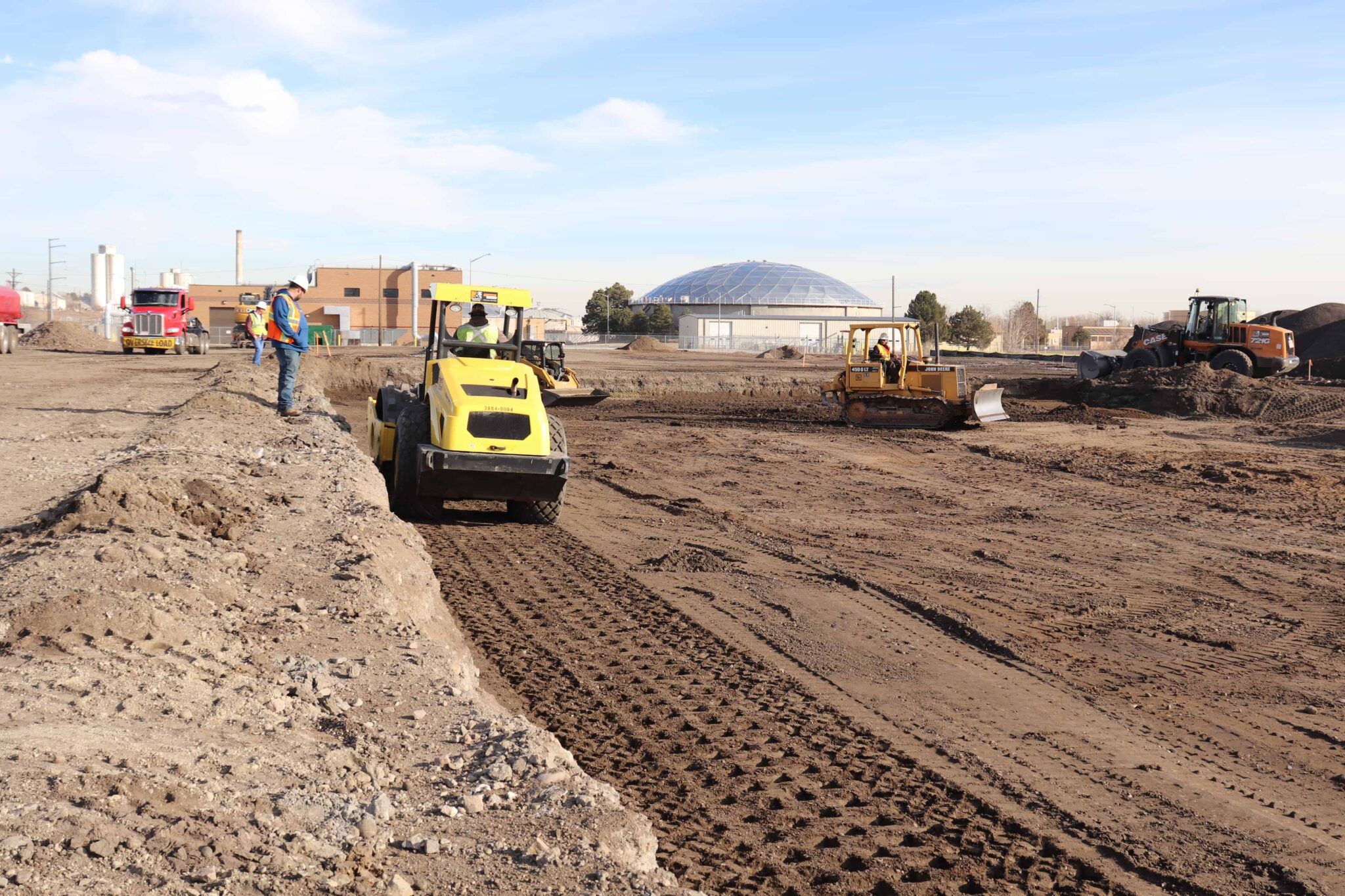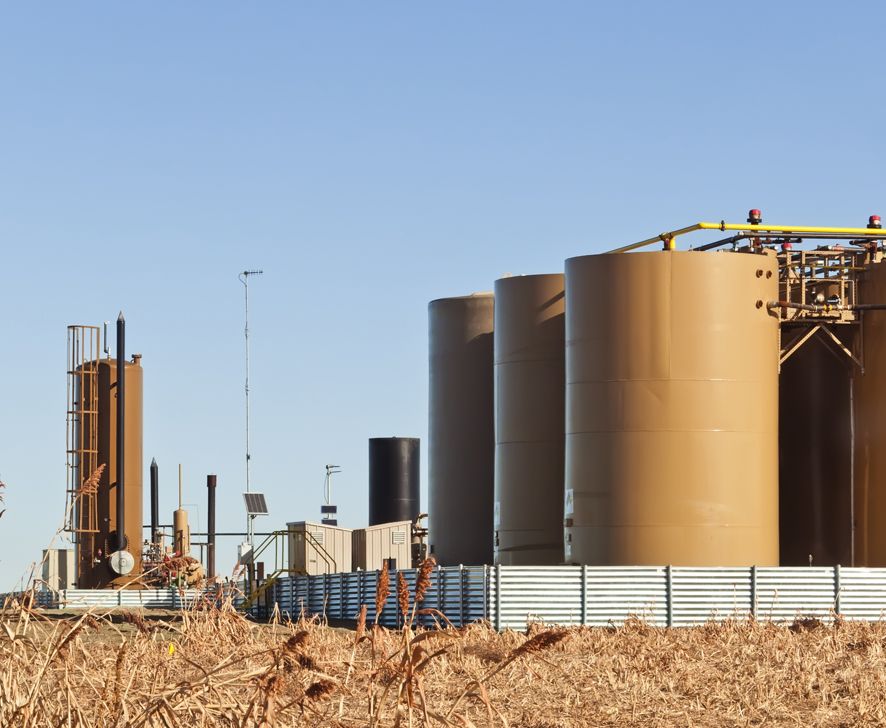Longmont to tap waste gas to fuel trash trucks

LONGMONT — The city of Longmont has begun construction of a biogas treatment and renewable natural gas fueling station project with Fort Collins-based CGRS Inc. in charge of construction. Once complete, the project will transform sewage gas from the wastewater-treatment process into sustainable fuel for the city’s trash trucks.
The city will replace 11 of its diesel trash trucks with trucks capable of using renewable natural gas. It is estimated that the city will offset more than 90,000 gallons of diesel fuel annually, reducing greenhouse gas emissions by about 1,000 metric tons of carbon-dioxide equivalents per year — the equivalent of removing 200 cars from the road. In addition, by building the fueling station, the city is also able to take advantage of credits from the U.S. Environmental Protection Agency’s Renewable Fuel Standard program, CGRS said in a statement.
The cost to design and construct the biogas treatment and renewable natural gas fueling infrastructure is approximately $4.6 million, according to John Gage, civil engineer and project manager for the city of Longmont. Gage said the city was awarded a $1 million grant from the Department of Local Affairs to help pay for the biogas treatment equipment, and a $385,000 grant from the Regional Air Quality Council to cover the cost difference between renewable natural gas and diesel trash trucks.
CNG Construction Services department is building the entire project, which consists of two sites: The first is the city’s current wastewater plant to which CGRS will provide interconnections and gas-treatment equipment to clean the sewage gas. The renewable natural gas will be piped from the wastewater plant at 501 First Ave. to a second site on the northwest corner of the property off of South Martin Street. CGRS will build a 17,000-square-foot building with four bays for indoor fueling of the city’s trash fleet and a two-story, 5,000-square-foot administration building on that site.

“This project is directly in line with the city’s sustainability plan,” said Gage. “In 2018, Longmont completed the city’s first greenhouse gas inventory to develop a baseline of greenhouse gas emissions. Based on the results, we prioritized a number of strategies to reduce citywide greenhouse gas emissions, such as the transition to RNG trash trucks.”
The city has contracted with Carollo Engineers, a national design firm with local offices in Broomfield and Littleton, to design and construct the biogas treatment system. CGRS is serving as project manager and construction contractor for the entire project, as well as designing the new fueling station.
“I thought we were uniquely qualified with our experience in designing and building both wastewater and RNG facilities,” said Randy Kenyon, CGRS senior engineer and project manager. “We have a great team collaborating with the city of Longmont to bring this important project to fruition.”
Becky Luna, design manager for Carollo, said her company is excited to support the city’s sustainability initiatives as well. “This state-of-the-art project is sustainability in action — the city will be able to make use of an untapped resource, reduce greenhouse gases and save on fuel costs,” she said. “Longmont will be the first city on the Front Range to implement a renewable vehicle fuel project; other utilities have been looking at Longmont as a model for their operations.”
Editor’s note: This story was edited to include the budgeted costs for the project.
LONGMONT — The city of Longmont has begun construction of a biogas treatment and renewable natural gas fueling station project with Fort Collins-based CGRS Inc. in charge of construction. Once complete, the project will transform sewage gas from the wastewater-treatment process into sustainable fuel for the city’s trash trucks.
The city will replace 11 of its diesel trash trucks with trucks capable of using renewable natural gas. It is estimated that the city will offset more than 90,000 gallons of diesel fuel annually, reducing greenhouse gas emissions by about 1,000 metric tons of carbon-dioxide equivalents per year…
THIS ARTICLE IS FOR SUBSCRIBERS ONLY
Continue reading for less than $3 per week!
Get a month of award-winning local business news, trends and insights
Access award-winning content today!




